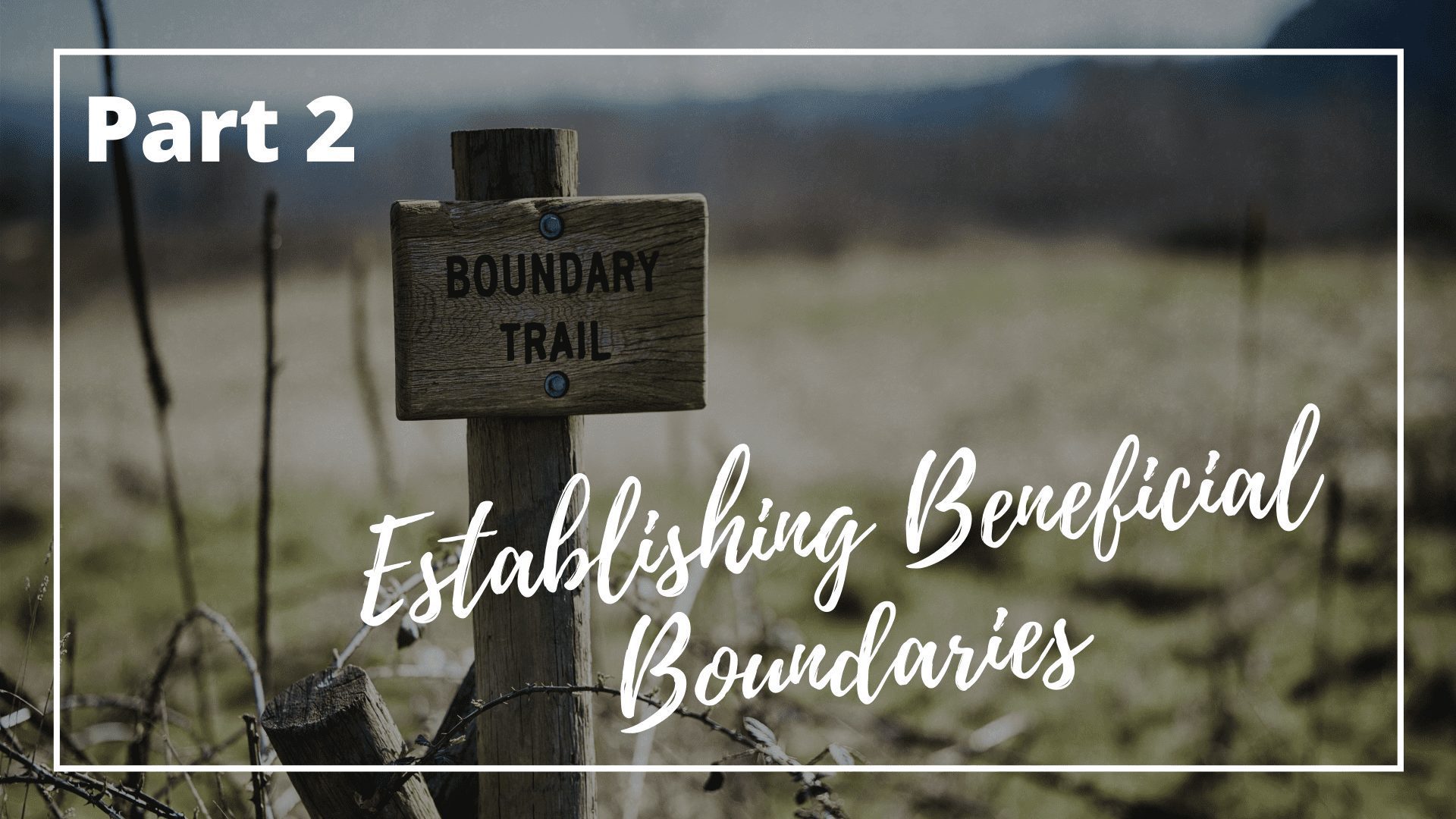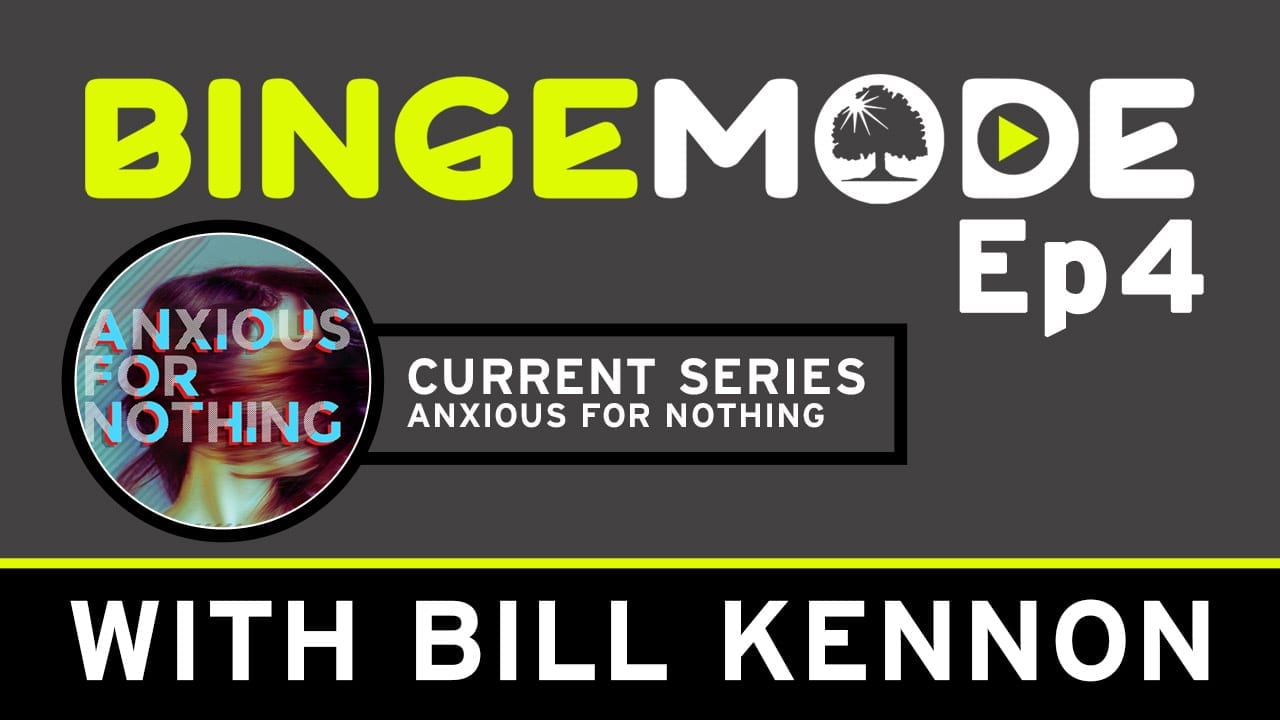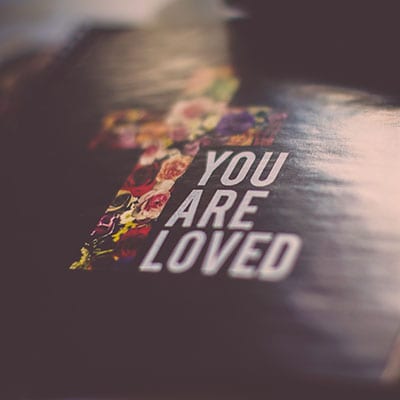
“I misuse the two most powerful words, yes and no. I slap purpose across the face and stomp calling into the ground as I blindly live at the mercy of the requests of others that come my way each day. Every assignment feels like my assignment.” ~ Lysa Terkeurst
Although our past can make setting safe boundaries more difficult, it certainly doesn’t make it impossible.
I was not able to truly set up or maintain purposeful, safe boundaries until I understood a couple of things. The first thing I needed to understand was who created boundaries
The story of creation in Genesis is a great example of how God sets boundaries, one we can certainly learn from.
God is a God of boundaries. In the beginning, He put boundaries around the water and land, he put boundaries on the earth and sky, night and day, and around people in the form of skin (have you ever thought of your skin as a boundary?). You can read about God’s boundary creation in Genesis 1:1-31. Every time you open your eyes you see physical examples of boundaries. Moreover, God understands that physical boundaries are important.
I believe that is why when a physical boundary is broken it is so painful. It is literally infringing on something God put into place! I know it hurts God’s heart when one of His creations is hurt physically. If you are being physically harmed in any way, please do not hesitate to reach out to someone at Grace, we have resources that can help you get to a safe place.
In Genesis, He also shows us a great example of non-physical boundaries. He set up boundaries for Adam and Eve’s behavior, He told them, “You are free to eat from any tree in the garden; but you must not eat from the tree of the knowledge of good and evil, for when you eat from it you will certainly die.” Genesis 3:3(NIV) Here, God tells them from which trees they can and cannot eat. This not only sets up a boundary for them, but it also gives them a consequence for their behavior.
If there is no consequence for someone encroaching on our boundaries is it really a boundary?
The second thing that I had to truly understand before I could set good, purposeful boundaries was that saying no doesn’t mean we are rejecting someone or something and it doesn’t show disapproval. I do not have to be afraid that I will be rejected or disliked, because I have not made a rash decision. I have instead made a decision based on preset boundaries. This is called living with purpose!
When you are operating in this manner you do not have to spend energy or time on things that don’t serve the mission and vision that God has given you for your life!
And the truth can’t be denied, poor boundaries within your closest relationships will lead to animosity, annoyance, and fatigue. So when you are experiencing these feelings, the first place I’d recommend checking is the health and stability of the boundaries you have in place around that relationship.
Here are some ideas for setting up boundaries to encourage well-being and healthy relationships:
1) Set up boundaries with clarity. There is no need to apologize for the boundary that you are setting up.
2) You are not responsible for how someone responds to a boundary you have put into place. If someone is unaccustomed to you having boundaries with them, it may upset them. This is not your issue. Hold to your boundary and move forward.
3) If you haven’t had a lot of practice setting and holding good boundaries you may feel guilt. Remind yourself why you are setting this boundary, for your safety and well-being, and don’t allow guilt to stop you from self-care.
4) Listen to your body! When you feel anger, a pit in your stomach, fatigue, if you start saying you “should” do something, these are all signs that it’s time to evaluate your boundaries, or lack thereof, in that particular relationship.
5) Surround yourself with people who honor the boundaries you set up. Put distance (boundaries) between you and toxic people in your life, people who choose to exploit, harm, and try to dominate you.
6) Boundaries are just that, boundaries. They are not walls and they are not immovable once they are placed. You oversee when they move as there are some instances when a boundary needs to be modified. But I would suggest, not making drastic boundary changes under times of stress, as you may not be making a purposeful choice, but a reactive choice.
Does this sound like something you’d like to investigate further? Grace’s spiritual care team would love to walk through this with you!











